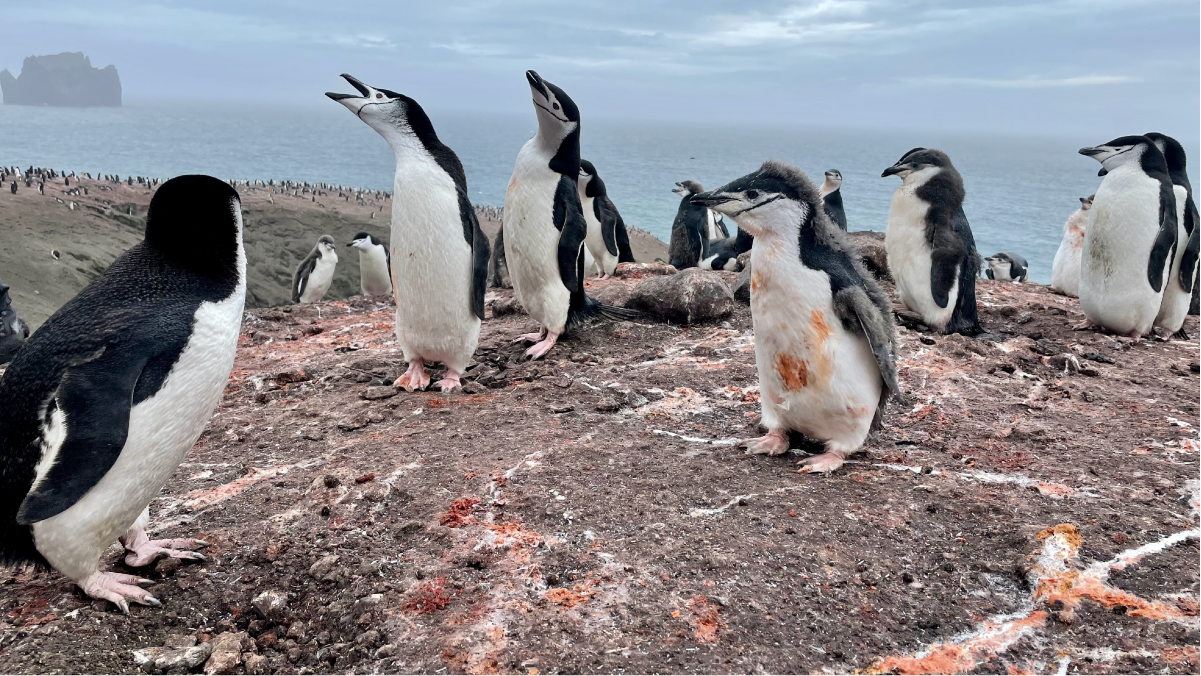News release
From:
Chinstrap penguins are estimated to recycle about 521 tonnes of iron per year, but their sharp decline in Antarctica may impact the iron cycle in the Southern Ocean, according to a new study published in Nature Communications. These penguins may only be recycling about half of the iron they were four decades ago, as their populations have declined by over 50% since the 1980s due to climate change. The findings suggest that the decline of Chinstrap penguins may threaten marine ecosystem health, phytoplankton growth, and carbon storage.
Iron plays an important role in high-nutrient Southern Ocean regions, as iron availability controls phytoplankton growth and atmospheric carbon sequestration. Krill and baleen whale excrement has previously been shown to play a large role in driving iron recycling in the upper Southern Ocean. However, the impacts of seabirds, such as penguins, that also consume krill have not yet been examined.
To assess Chinstrap penguin iron export into Antarctic waters, Oleg Belyaev and colleagues collected drone images of their colonies to calculate guano volumes. They also chemically analysed their guano and found that it contains very high concentrations of iron (about three milligrams per gram). As the global population of Chinstrap penguins has halved in the last four decades, linked to rapid environmental changes in the Southern Ocean, the authors estimate that they are now only producing approximately 521 tonnes of iron per year, about half what they were producing in the 1980s.
The findings suggest that Chinstrap penguin guano, and potentially that from other penguin species, plays a crucial role in iron cycling in the Southern Ocean that was previously unaccounted for. The authors argue that declining penguin numbers may threaten this further.
Springer Nature is committed to boosting the visibility of the UN Sustainable Development Goals and relevant information and evidence published in our journals and books. The research described in this press release pertains to SDG 14 (Life below water). More information can be found here.



 International
International



